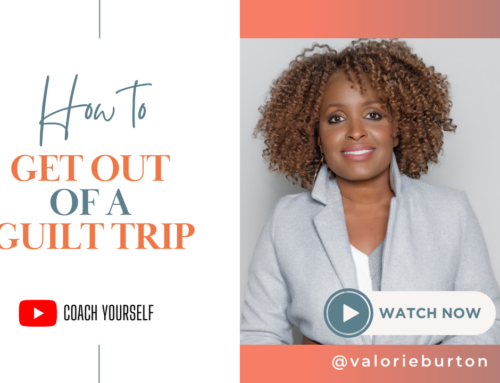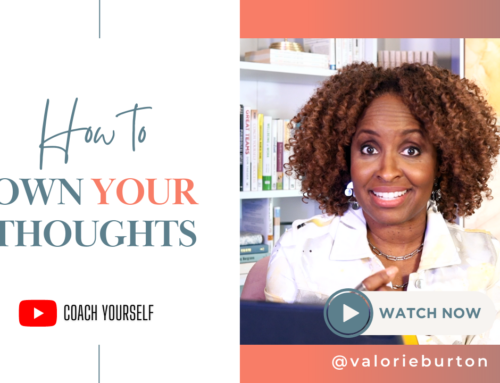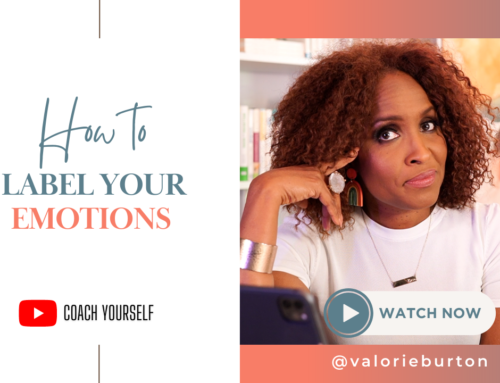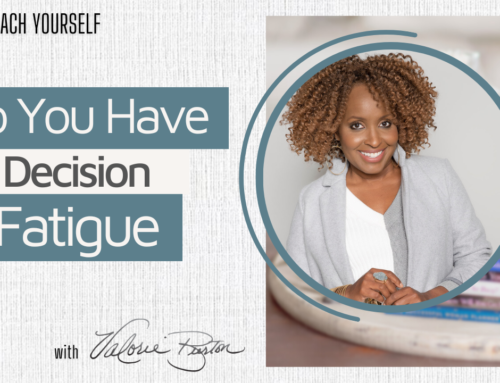You know that conversation you need to have? The one you’ve been putting off because you know it will cause a conflict, and the very thought of it sends a pang of anxiety to the pit of your stomach? Whether it is the co-worker who talks so loudly on the phone that it breaks your concentration or the friend with whom you need to set a boundary, avoiding conflict is common. It is also costly.
The fear that you won’t appear nice, or you’ll lose a friend, or sabotage your career can keep you from speaking up. And it is a fear that is often rooted in the belief that confronting issues is destructive and should be avoided at all costs. Researcher Dr. Marilee Adams suggests seeing conflict as either destructive or constructive. Those who most fear conflict typically see it as a destructive, so they avoid it at all costs. But those who are most effective at resolving issues see potential conflicts as a necessary part of the process for getting unstuck and navigating challenges.
If you see the conversation you need to have about a frustrating issue as an opportunity for constructive conversation rather than destructive conversation, it can be empowering. A simple shift in perspective can give you the courage and motivation to be bolder about having an uncomfortable conversation.
One of the biggest fears of destructive conflict is the idea that it will separate you from the person with whom you have the conversation. But through honesty, listening and respect, constructive conflict connects rather than separates. It looks for common ground. It focuses on solutions, rather than blame and shame. It challenges you to imagine what the other side might be feeling and what their motives might be. It is non-judgmental and collaborative.



